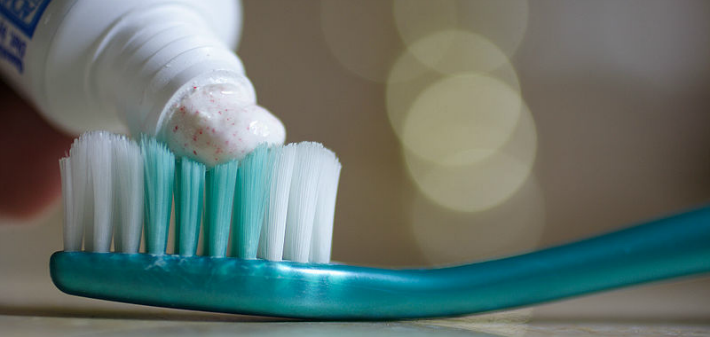Committing to good dental habits in your daily routine leads to a lifetime of oral health free from the effects of tooth decay.
The disease of tooth decay is one that can manifest in both children and adults, causing pain and creating a myriad of oral hygiene issues. If left untreated, the resulting cavities can cause even more problems, including gum disease, and require fillings or root canals. There are several simple solutions that are easy to incorporate into your family’s oral health routine, and we recommend you remain as consistent as possible.
- Brushing – Brushing your teeth helps keep plaque from building up and producing cavities. Brushing thoroughly two times a day, or preferably after each meal, with a fluoride toothpaste works best. This clears the mouth of most starches and sugars that remain on the teeth after eating. This residue, along with the bacteria in the mouth, turn to acid then plaque – the main cause of cavities.
- Flossing – A toothbrush isn’t always effective in removing food and bacteria from between your teeth. That’s why flossing is just as important as brushing. To floss correctly, do not force the string through any spaces between your teeth if you feel resistance. Instead, pass the floss between each tooth, and gently under the gum line. Some people find un-waxed floss better for getting into those tight spaces.
- Professional Cleanings – At a routine dentist appointment, your dental hygienist not only cleans your teeth, but the also checks for signs of oral cancer or gum disease and assesses any arising dental problems. Regular cleanings prevent bad breath and gingivitis and lower the risk of developing side effects from tooth decay, such as heart attack and stroke.
- Healthy Eating – In order to have a healthy smile, the right foods need to be included in your diet. Some foods like apples, pears, and cheese can neutralize the acids produced by bacteria that contribute to tooth decay, while calcium-rich foods like milk and yogurt can strengthen teeth. Snacks should be limited and carbohydrates consumed in moderation. Set good examples at home and teach your children how to prevent tooth decay from an early age.
- Dental Sealants – The grooves and fissures on teeth consistently collect food particles and provide a place for bacteria and plaque to grow. As a preventive measure, dental sealants can be applied by your dentist to protect these areas, and help prevent cavities. Made from a resin material, it is applied directly onto your tooth enamel, usually on molars at the back of the mouth.
- Fluorinated Water – Many communities have added fluoride to water supplies, which has been useful in the prevention of tooth decay by washing away major food particles and protecting teeth enamel. If you drink bottled water, it is not regulated for fluoride levels and therefore does not contribute to optimal oral health. The use of household water filters may also dilute the benefits of added fluoride as they remove some or all of the fluoride present in tap water.
Learning how to prevent tooth decay can ensure that your smile will always be bright and healthy. Keep cavities away by practicing good oral hygiene and eating and drinking healthy foods. For the best comprehensive dental care, do not hesitate to contact Arkansas Family Dental about how to prevent tooth decay in your family.


Leave a Reply